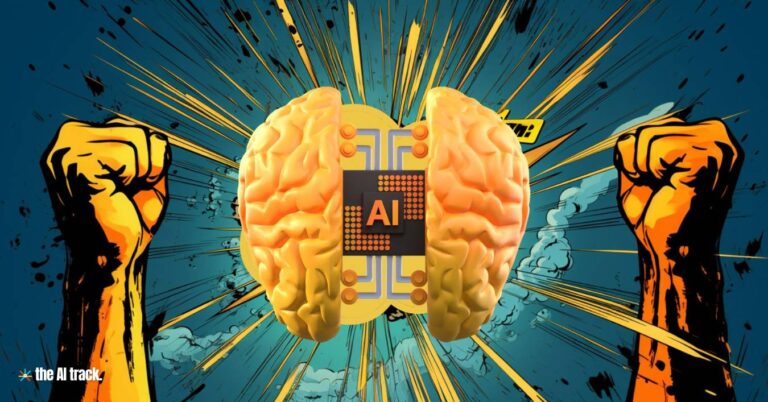AI chatbots can reduce conspiracy theories beliefs effectively, through personalized, evidence-based conversations, challenging conventional wisdom that such beliefs are resistant to change.

AI Chatbots Can Reduce Conspiracy Theories – Key Points
- Study Design and Participants: Researchers from American University conducted experiments with over 2,000 participants who believed in at least one conspiracy theory. Participants engaged in conversations with an AI chatbot named “DebunkBot,” trained on publicly available information to provide tailored counterarguments to specific conspiracy theories.
- Process: Participants shared their conspiracy beliefs and received tailored, evidence-based refutations from the chatbot.
- Fact-Checking: The AI responses were verified by professional fact-checkers to ensure accuracy and avoid AI “hallucinations.”
- AI Performance: Participants’ confidence in their chosen conspiracy theory decreased by an average of 20% after interacting with the chatbot.
- Long-Term Impact: Follow-up surveys confirmed the effects persisted over time, lasting up to two months, demonstrating lasting influence.
- Key Result: While 20% average reduction was noted, approximately 25% of participants moved from a high belief to uncertainty.
- AI’s Effectiveness: The study found that the presentation of factual evidence was critical to the AI’s success. A control group that interacted with a chatbot that did not provide factual counterarguments showed no change in their beliefs.
- Human Comparison: Unlike emotionally charged human debates, AI conversations were more neutral, avoiding confrontation and personal biases.
- Emotional Engagement: While effective, concerns remain whether conspiracy theorists would voluntarily engage with such AI systems outside of controlled studies.
- Beyond Facts: Though the bot was factual, researchers suggest its effectiveness could also stem from persuasive rhetorical techniques learned during its AI training.
- Broad Applicability: The AI chatbot effectively addressed a wide range of conspiracy theories, suggesting that this approach could be applied to combat various forms of misinformation.
- Potential for Real-World Application: Researchers suggest the AI could be utilized in real-world scenarios, such as responding to conspiracy theory-related posts on social media or helping individuals fact-check claims they encounter online.
Why This Matters:
- Combating Misinformation: This research provides evidence that AI can be a powerful tool in combating misinformation and reducing the spread of harmful conspiracy theories.
- Challenging Conventional Wisdom: The findings challenge the belief that conspiracy theories are primarily driven by underlying psychological needs and are resistant to change through evidence and arguments.
- Potential for Future Applications: The study opens the door for further exploration of AI’s role in addressing societal challenges related to misinformation and promoting critical thinking.
This research demonstrates that AI chatbots can be effective in promoting critical thinking and reducing belief in conspiracy theories, highlighting the potential of AI as a tool for combating misinformation and fostering a more informed society.
The Transformative Power Of AI In Politics: Reshaping Campaigns, Governance, And Democracy

The AI Track’s extensive analysis of the critical influence of AI in politics, illuminating its game-changing effects on elections, campaign strategies, and governance.
Read a comprehensive monthly roundup of the latest AI news!
The AI Track News: In-Depth And Concise
Reference
- Costello, T. H., Pennycook, G. & Rand, D. G. Science 385, eadq1814 (2024). DOI: 10.1126/science.ads0433






